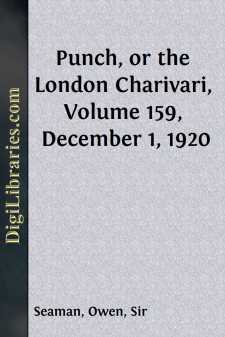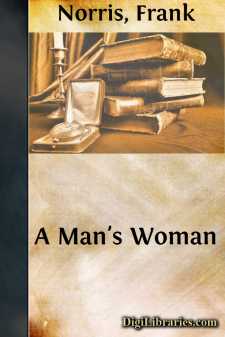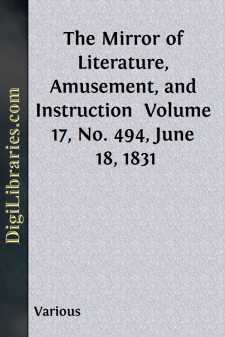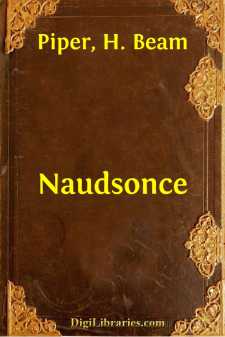Categories
- Antiques & Collectibles 13
- Architecture 36
- Art 48
- Bibles 22
- Biography & Autobiography 813
- Body, Mind & Spirit 142
- Business & Economics 28
- Children's Books 17
- Children's Fiction 14
- Computers 4
- Cooking 94
- Crafts & Hobbies 4
- Drama 346
- Education 46
- Family & Relationships 57
- Fiction 11829
- Games 19
- Gardening 17
- Health & Fitness 34
- History 1377
- House & Home 1
- Humor 147
- Juvenile Fiction 1873
- Juvenile Nonfiction 202
- Language Arts & Disciplines 88
- Law 16
- Literary Collections 686
- Literary Criticism 179
- Mathematics 13
- Medical 41
- Music 40
- Nature 179
- Non-Classifiable 1768
- Performing Arts 7
- Periodicals 1453
- Philosophy 64
- Photography 2
- Poetry 896
- Political Science 203
- Psychology 42
- Reference 154
- Religion 513
- Science 126
- Self-Help 84
- Social Science 81
- Sports & Recreation 34
- Study Aids 3
- Technology & Engineering 59
- Transportation 23
- Travel 463
- True Crime 29
Sort by:
The first edition of this dictionary having been exhausted, it has been extensively revised, and certain new features and alterations have been introduced into it. 1. The principle of arranging all words according to their actual spelling has been to a considerable extent abandoned. It was admittedly an unscientific one, and opened the door to a good many errors and inconsistencies. The head form in...
more...
by:
Anthony Gilmore
The PlanA screaming streak in the night—a cloud of billowing steam—and the climax of Hawk Carse's spectacular "Affair of the Brains" is over.Like a projectile Hawk Carse shot out in a direction away from Earth.The career of Hawk Carse, taken broadly, divides itself into three main phases, and it is with the Ku Sui adventures of the second phase that we have been concerned in this...
more...
by:
Owen Seaman
CHARIVARIA. According to The Evening News, lambs have already put in an appearance in Dorset. People who expect the Poet Laureate to rush to the spot will be bitterly disappointed. "What was a golden eagle doing in Lincolnshire?" asks "L.G.M." in The Daily Mail. We never answer these personal questions. The Public Libraries Committee of West Ham has declined to purchase The...
more...
by:
Frank Norris
At four o'clock in the morning everybody in the tent was still asleep, exhausted by the terrible march of the previous day. The hummocky ice and pressure-ridges that Bennett had foreseen had at last been met with, and, though camp had been broken at six o'clock and though men and dogs had hauled and tugged and wrestled with the heavy sledges until five o'clock in the afternoon, only a...
more...
PART 1. Nec tantum prodere vati,Quantum scire licet. Venit aetas omnis in unamCongeriem, miserumque premunt tot saecula pectus.LUCAN, Phars. v. 176. How wonderful is Death,Death and his brother Sleep!One pale as yonder wan and horned moon,With lips of lurid blue,The other glowing like the vital morn, 5When throned on ocean's waveIt breathes over the world:Yet both so passing strange and wonderful!...
more...
On the northern shore of Sicily are still to be seen the magnificent remains of a castle, which formerly belonged to the noble house of Mazzini. It stands in the centre of a small bay, and upon a gentle acclivity, which, on one side, slopes towards the sea, and on the other rises into an eminence crowned by dark woods. The situation is admirably beautiful and picturesque, and the ruins have an air of...
more...
by:
Various
ADVENTURES OF A LONE WOMAN. "I will go and see the oil," remarked Miselle, at the end of a reverie of ten minutes. Caleb laid the "Morning Journal" upon the table, and prepared himself calmly to accept whatever new dispensation Providence and Miselle had allotted him. "Whaling?" inquired he. "No, not whaling. I am going to the Oil Springs." "By all means. They lie in...
more...
by:
Various
EXETER HALL, STRAND. We rejoice to see the site of Burleigh House partly occupied by the above Building. Its object is to afford accommodation for the meetings of Philanthropic Societies—so that whatever may be the olden celebrity of the spot, it is reasonable to expect that its present appropriation will be associated with the most grateful recollections. This building is, perhaps, the most perfect...
more...
by:
H. Beam Piper
The sun warmed Mark Howell's back pleasantly. Underfoot, the mosslike stuff was soft and yielding, and there was a fragrance in the air unlike anything he had ever smelled. He was going to like this planet; he knew it. The question was, how would it, and its people, like him? He watched the little figures advancing across the fields from the mound, with the village out of sight on the other end of...
more...
by:
W. B. Maxwell
I The village postmaster stood staring at an official envelope that had just been shaken out of a mailbag upon the sorting-table. It was addressed to himself; and for a few moments his heart beat quicker, with sharp, clean percussions, as if it were trying to imitate the sounds made by the two clerks as they plied their stampers on the blocks. Perhaps this envelope contained his fate. Soon the stamping...
more...











